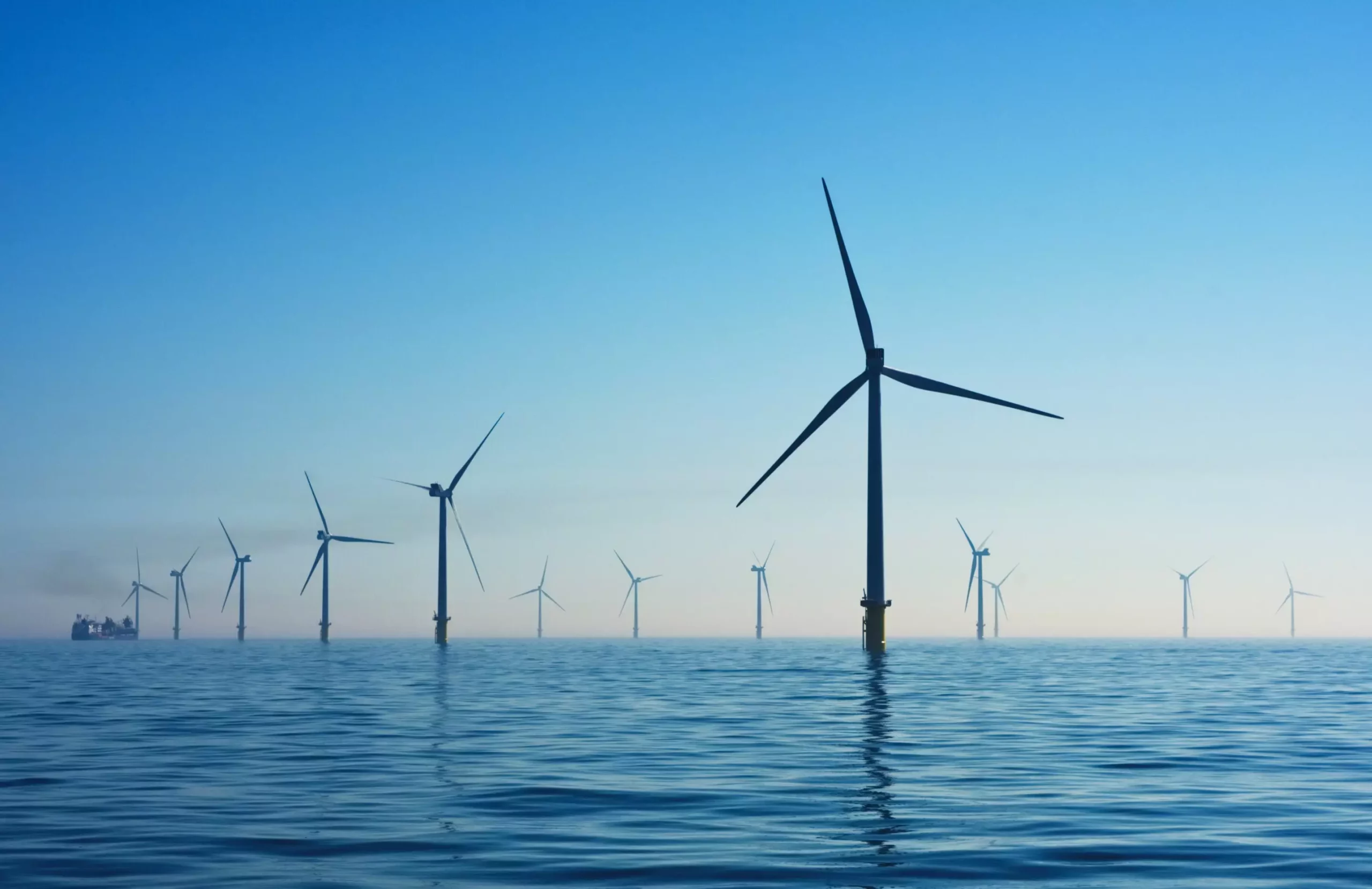Nantucket, an iconic island known for its charming landscapes and rich maritime heritage, finds itself at the center of a heated environmental and legal controversy. The recent petition to the Supreme Court, filed by a local advocacy group named ACK For Whales, underscores the struggle between advancing renewable energy projects and protecting vulnerable marine ecosystems. This battle, ignited by a disastrous event involving a turbine blade failure at the Vineyard Wind site, exemplifies the complexities of environmental governance and the potentially detrimental impacts of hurried governmental decisions.
ACK For Whales, a nonpartisan community group comprised of concerned residents and environmental advocates, contends that federal agencies are rushing the approval of offshore wind projects without adequately evaluating their ecological consequences. The group argues that the implications for the North Atlantic right whale, an endangered species with a dwindling population, have not been sufficiently considered by the National Marine Fisheries Service. This situation reveals the tension between the need for clean energy solutions and the imperative of environmental conservation, highlighting a critical gap in the regulatory framework governing such projects.
A pivotal moment in this saga occurred following the blade failure incident in July, which raised alarms about the integrity and safety of wind turbine operations. The consequences of this failure resonate far beyond the immediate technical failures, spilling over into broader concerns about the viability and ecological impact of wind power initiatives. The federal appeals court’s decision to sidestep a thorough investigation into these impacts raises significant questions about the commitment to enforce existing environmental protections, specifically the Endangered Species Act (ESA).
The legal ramifications of this petition extend beyond the fate of the North Atlantic right whale and the wind projects themselves. ACK For Whales’ arguments center on the assertion that the judicial system needs to play a more pronounced role in evaluating how federal agencies interpret the ESA. Their critique of the First Circuit Court of Appeals’ decision, which deferred to the agencies’ interpretations, resonates with concerns that judicial oversight is being undermined in favor of political expediency.
The Supreme Court’s recent Loper Bright decision, which emphasized that the interpretation of statutes should lie within the purview of judicial review rather than agency discretion, may bolster the argument put forth by ACK For Whales. This shift in judicial philosophy signals a broader reevaluation of how administrative agencies interact with legislative mandates, particularly in contentious areas where ecological preservation is at stake.
Beyond the immediate concerns for the right whale and legal interpretation, this situation raises critical questions about the future of renewable energy projects nationwide. The rush towards wind energy, primarily motivated by the urgent need to address climate change, must be balanced with responsible stewardship of natural resources. Stakeholders must confront the reality that initiating large-scale energy projects without comprehensive environmental assessments can lead to unforeseen consequences, jeopardizing both wildlife and public trust.
Furthermore, the suggestion by federal attorneys that local fishermen and residents lack an interest in the well-being of the right whale contrasts sharply with the sentiments expressed by ACK For Whales. This perspective not only underestimates community engagement but also dismisses the interconnectedness of local economies and healthy marine ecosystems. Such assumptions can have corrosive effects on community relations and ultimately hinder collaborative efforts to find sustainable solutions.
As this legal battle unfolds, it serves as a sobering reminder of the intricate weave of environmental law, community interests, and renewable energy initiatives. ACK For Whales’ call for a moratorium on offshore wind development underscores a pressing need for a deeper dialogue about how these projects are planned and executed. Striking a harmony between the necessity for renewable energy and the safeguarding of vulnerable species like the North Atlantic right whale is not merely an ecological concern; it is also a matter of social and legal responsibility.
The Nantucket offshore wind controversy epitomizes the ongoing struggle to balance energy demands with environmental stewardship. As stakeholders await the Supreme Court’s decision, it is imperative that all voices—including those of local communities, environmental groups, and regulatory agencies—be engaged in crafting solutions that ensure both sustainable development and the protection of our precious marine ecosystems.

